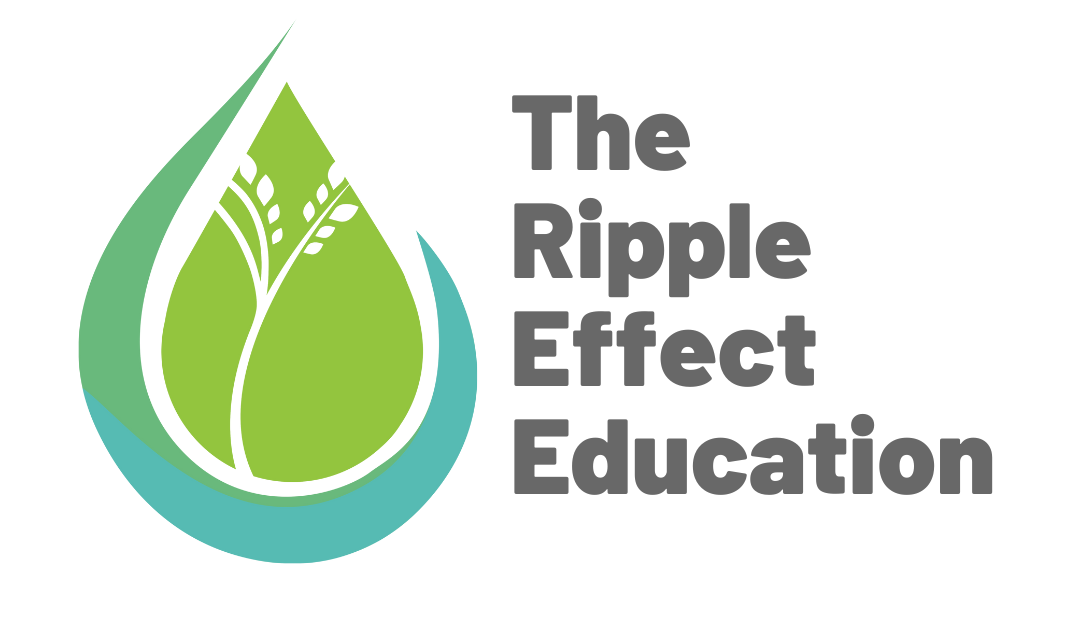Creating Spaces for Inclusive Conversations
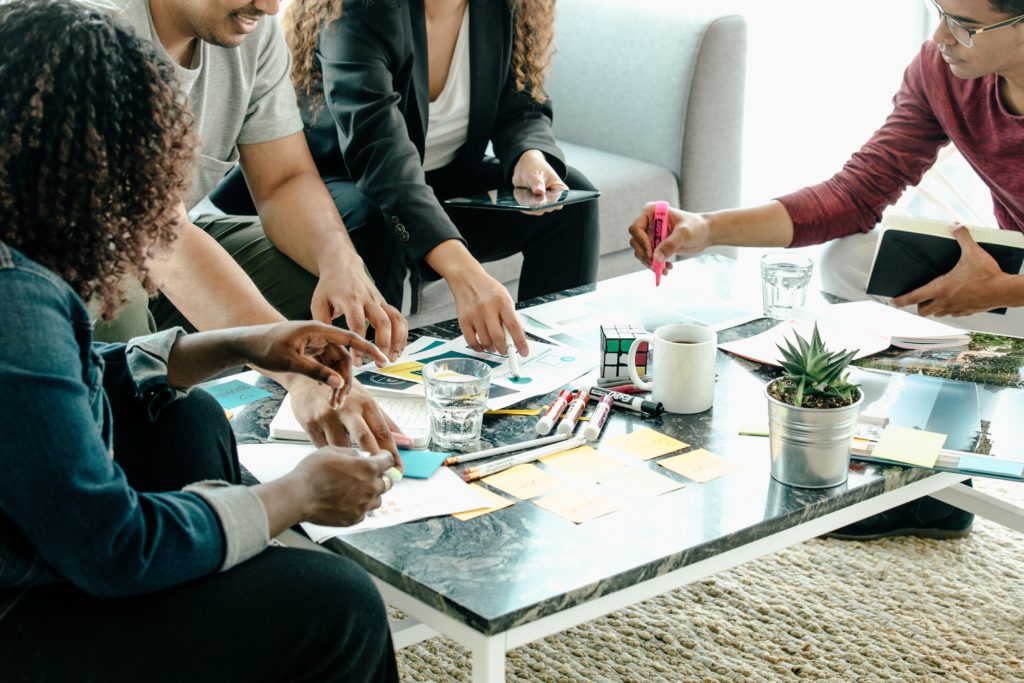
To be inclusive means to welcome and accept others, not in spite of their identity, but with all aspects of their identity celebrated; this means people of different cultures, sexual orientations, races, religious beliefs, genders, socioeconomic statuses, abilities, family structures, immigration statuses, and educational background, to name a few. Creating atmospheres of inclusion in our […]
Setting Boundaries for Healthy Conversations
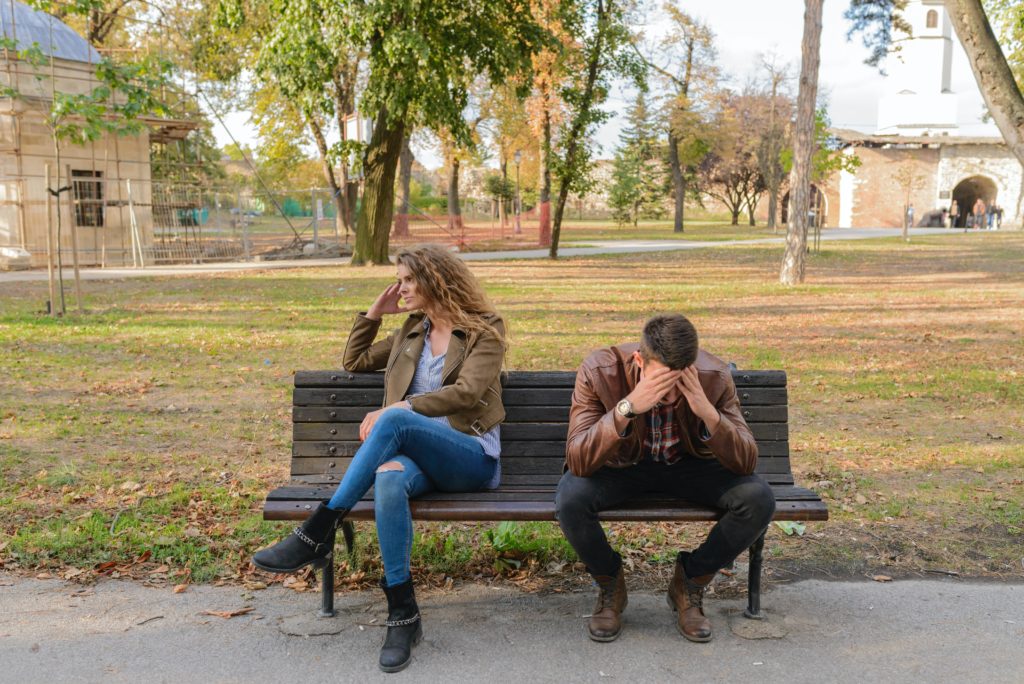
Being able to change the subject mid-conversation is really more of an art than anything else; being able to redirect a conversation is useful and powerful. No matter how gracefully you might be able to change the subject, there are some topics that come up again and again that you might not be in the […]
Managing Conflict in Times of Stress

In times of high stress or anxiety, we respond in very different ways (see also: fight, flight, freeze, or fawn); some of us are extroverts, some are introverts, some people process internally by processing over time, others process externally by talking things through with others. All of these are exceptionally valid ways of navigating our […]
3 Approaches to Support Others in Conflict

As someone working in the peace and conflict field, friends often often ask for advice about a conflict they’re experiencing. Sometimes this is an issue with a friend or family member, sometimes they are experiencing conflict with a co-worker or supervisor, or sometimes the problem they are experiencing is with a system that is working […]
3 Tips for Building Conflict Resolution Skills with Teens
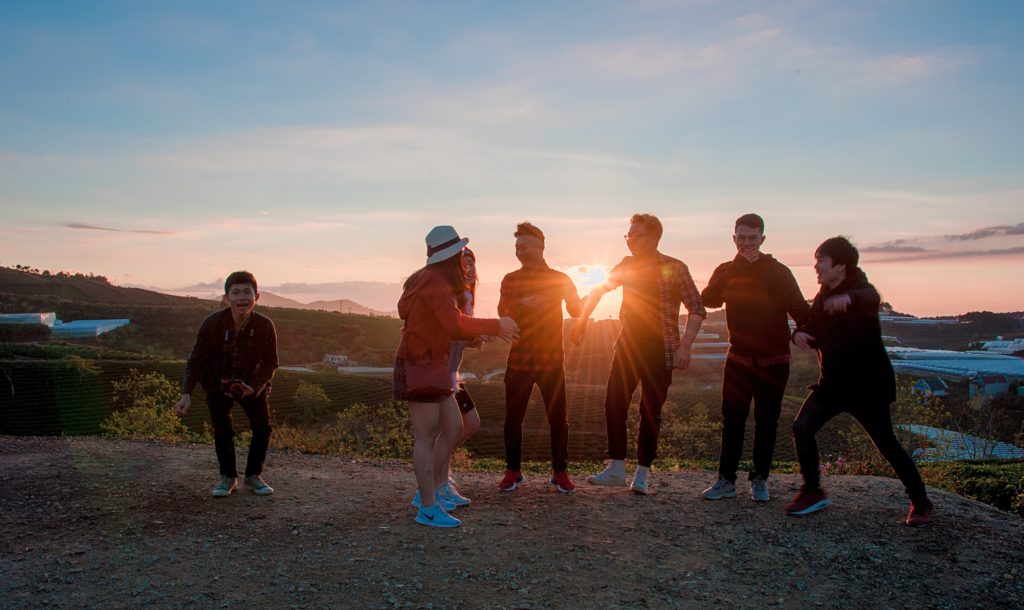
The teen years are a time of rapid change for the youth in our lives. During this time period, youth are further developing their concentration, reasoning skills and perspective-taking, while continuing to build their sense of self. Decisions about the future may become stressors, while simultaneously navigating increasingly complex relationships with their peers. Here are […]
5 Tips for Building Conflict Resolution Skills with Pre-Teens
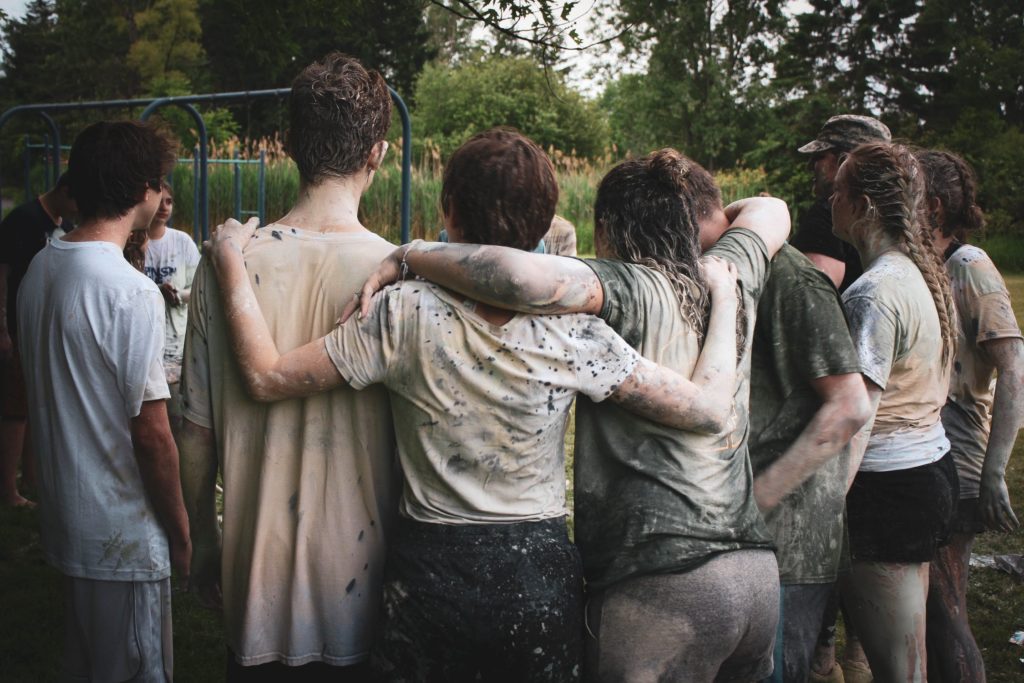
The pre-teen years are a time of rapid change for the youth in our lives. Young people are busy working out who they are and where they fit into the world, in conjunction with a lot of physical, emotional, cognitive and social changes. During this time, these changes can happen quickly and seemingly unpredictable, which can be tough […]
4 Ways to Respond to Conflict as a Bystander
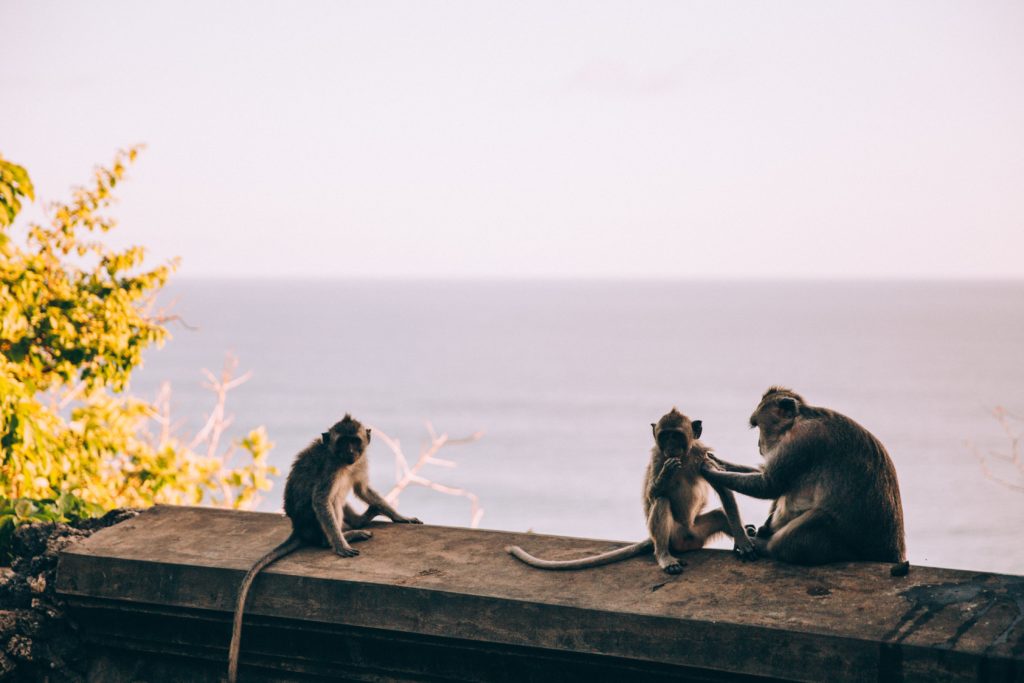
Between the ages of 5 and 18, I rode the bus to school nearly every morning. Each day was different; some days were calm, and others were boisterous, but most days included some kind of conflict. I did my fair share of instigating those conflicts, but I also had the opportunity to observe plenty of […]
How to Come Back to Conflict Conversations: Part 2
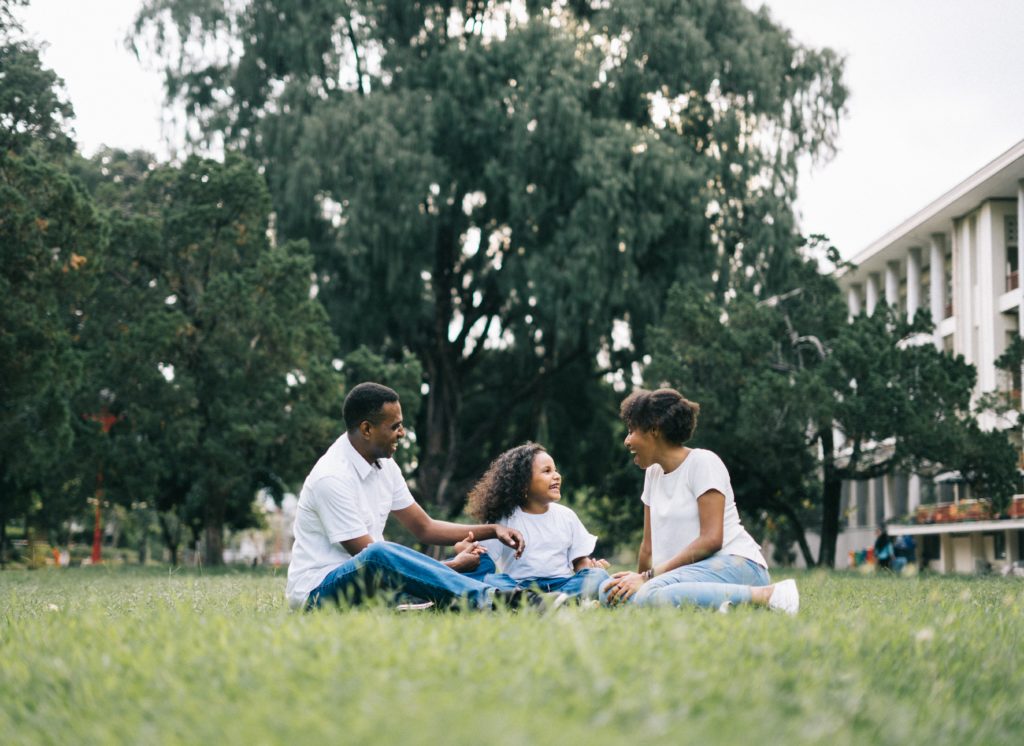
In conflict situations, my natural tendency is to avoid the conflict. For me, this would mean avoiding all conversation and interaction with the other party. If I did need to see them, I might act as though the conflict never happened. If you watched me in these situations, you might say, “Wow! She’s a natural.” […]
How to Come Back to Conflict Conversations: Part 1
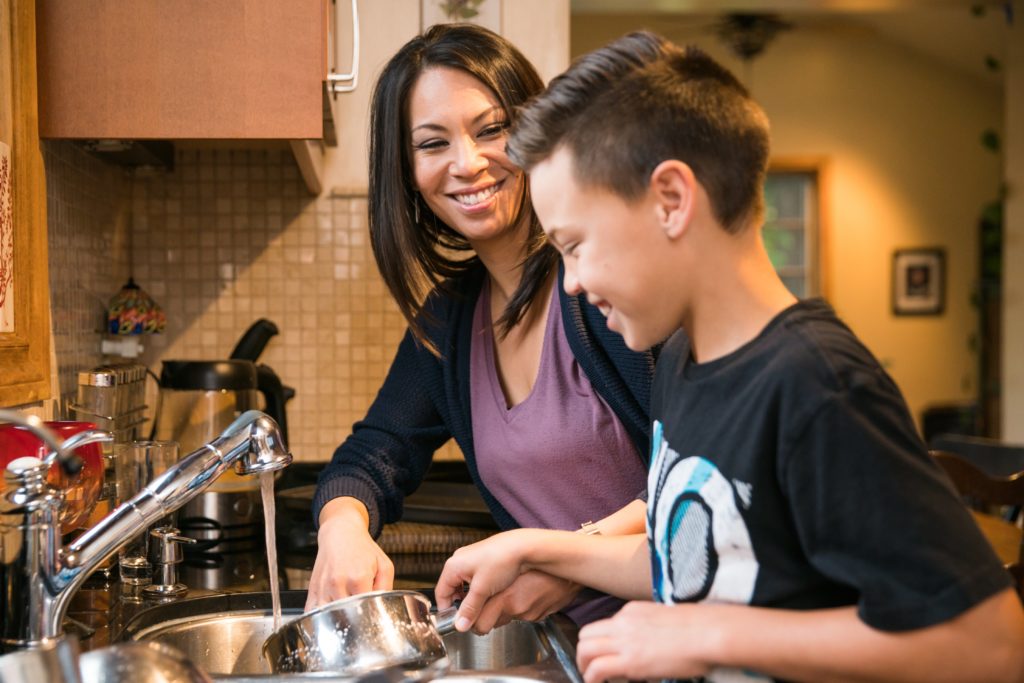
When I was in grade four, I was in the same class as my best friend. We at lunch together, played soccer together, and we liked the same things; clothes, music, movies. We spent most of our time at school as a duo. One day, about halfway through the school year, we began to fight. […]
This Sentence Will Help You Start Tough Conversations

My first year as a facilitator with The Ripple Effect Education has been a wonderful experience. This year I have not only learned from the lessons and students I have taught, but I have been able to better understand what peace and conflict actually means and how I can apply it in my own life. […]
